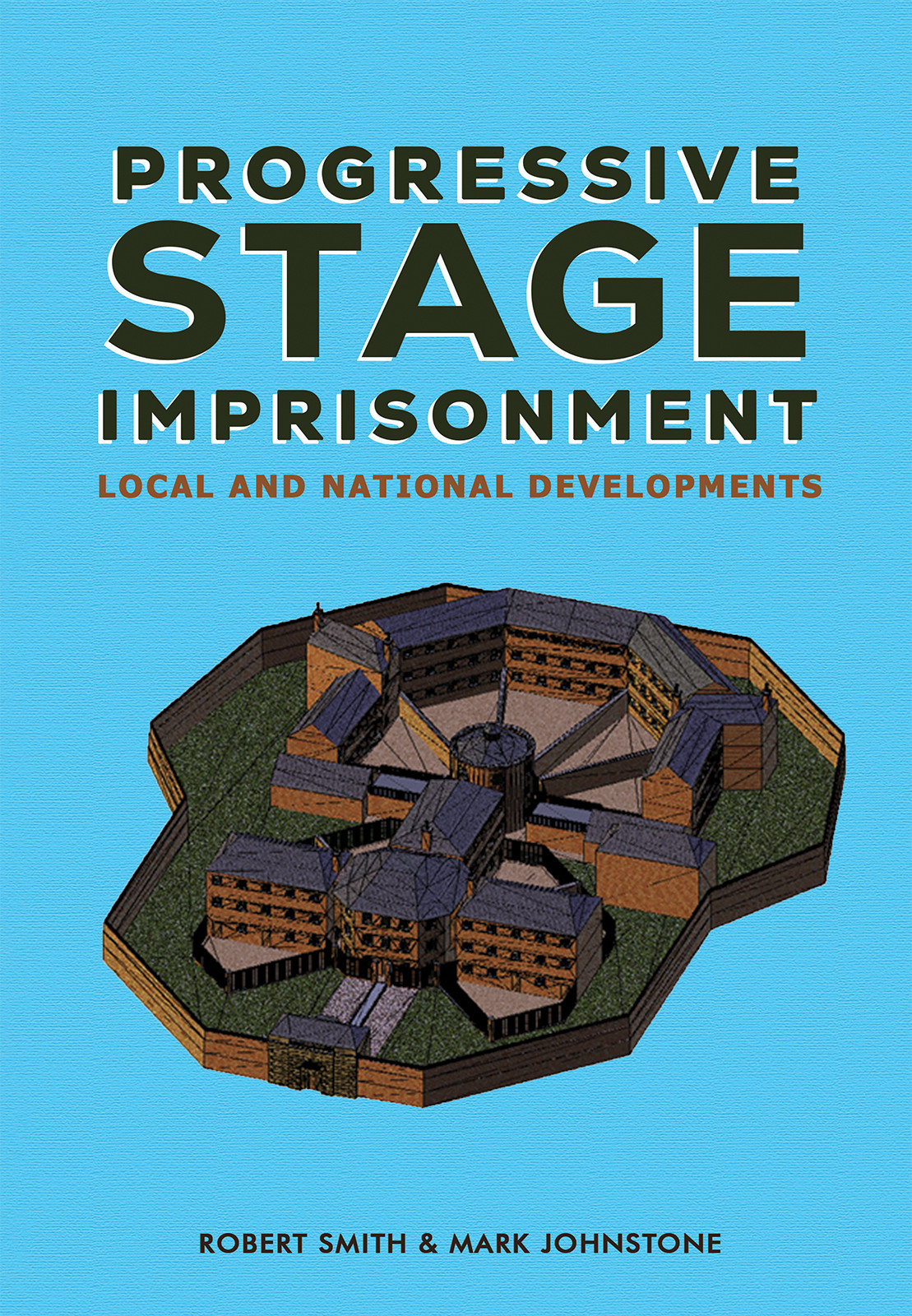Extraterrestrials, Humans and their Religions, The evolution of evolution
This book is about the potential impact that first contact with more advanced extraterrestrials may have on human civilisation, with particular emphasis on major religions.
The book attempts a realistic review of the present physical, intellectual, ethical, social and religious state of humanity and the risk it faces of causing its own demise or even extinction.
The book examines the violent nature of Darwinian evolution and argues that humanity is not doomed to remain in this violent stage of its development by force of anything in the universe. Its continuation is the default position that arises from humanity’s failure to rise to the challenge of change and social growth.







